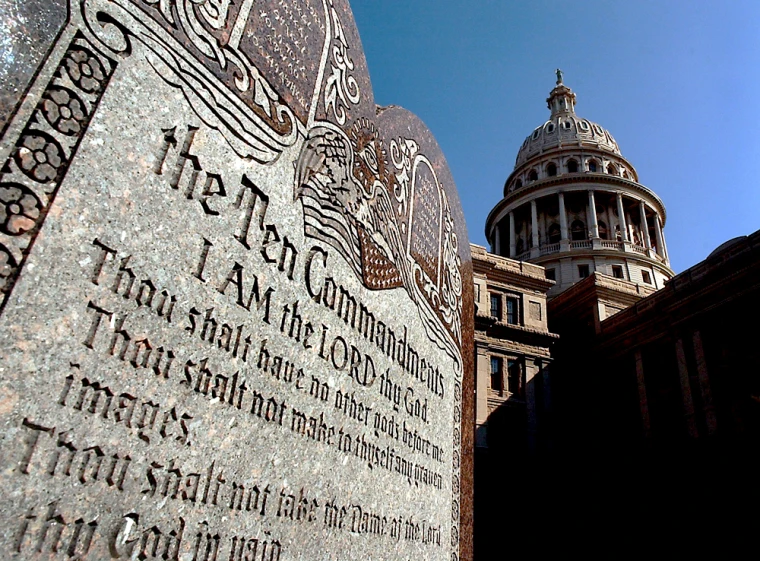“Now we, brethren, as Isaac was, are children of promise”
– Galatians 4:28 –
The origen of the saying “between a rock and a hard place,” whose meaning is related to a situation that takes one to the limit, with no apparent exit, seems to have to do with swordsmen. However, it may have evolved from a very ancient story related to Greek mythology.
We must situate ourselves in the Strait of Messina, which separates Italy from Greece. Legend has it that at this geographical point, considered to be very dangerous for navigation, two monsters (Scylla and Charybdis) lived, one on each side of the strait. Scylla was a six-headed monster, while Charybdis swallowed huge amounts of water, thus generating immense whirpools in the sea that wreaked havoc among the sailors.
The ships tried to avoid them by staying as far away from the sides as possible, but they were so close to each other that they could not help but pass very close to both. This situation led to the beginning of using the phrase “caught between Scylla and Charibdis,” which then changed, until it became the one we know today: “between a rock and a hard place.”
Some Christians, delighted by what Jesus did on the Calvary for our salvation, sit on their hands and say that there is nothing we can do. We just have to believe. They reason well, for we cannot save ourselves. Thus, they become nothing more than spectators, claiming salvation, but never becoming participants. Therefore, in trying to avoid the monster of salvation by works, they are led to the whirpool of disobedience.
On the other hand, there are Christians who have not understood what Jesus has done for them and the adequacy of His sacrifice on the cross. They think that they have to earn salvation in some way. They make pilgrimages, do penance, work, all hoping that God will somehow be convinced of their sincerity and finally save them.
Isaac was the son of God’s promise and Abraham’s faith, for he believed in God’s promises when his fulfillment seemed humanly impossible. That faith led to dependent behavior and an obedient experience.
Abaraham’s attitude of being willing to give his son to be sacrificed “teaches us the great lessonof confidence in the requirements of God, however close and cutting they may be; and it teaches children perfect submission to their parents and to God. By Abraham’s obedience we are taught that nothing is too precious for us to give to God” (Child Guidance, p. 255).
Beware of dangerous extremes of thinking we can save ourselves
or that we do not need to do anything. We do not obey to save ourselves,
but rather, because we are saved.
The son of the promise is a son of faith who obeys out of love.
May the Lord bless you…










